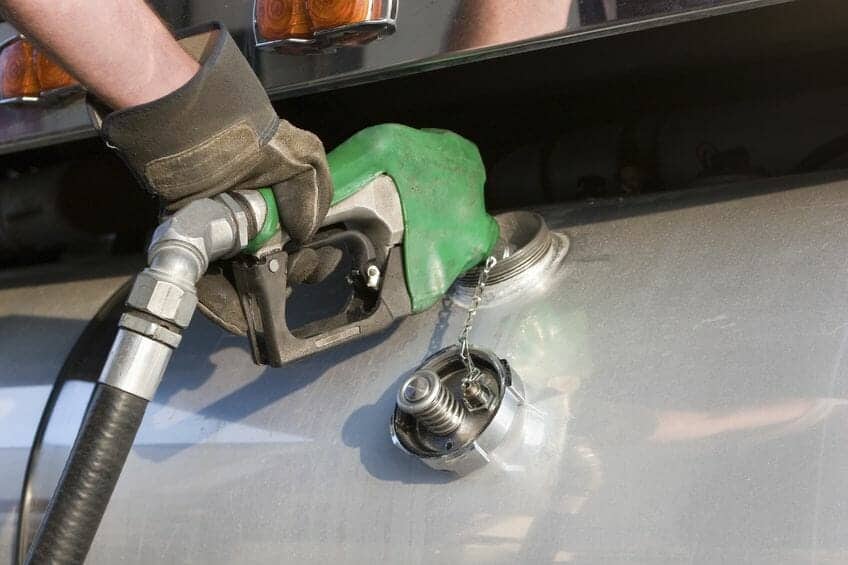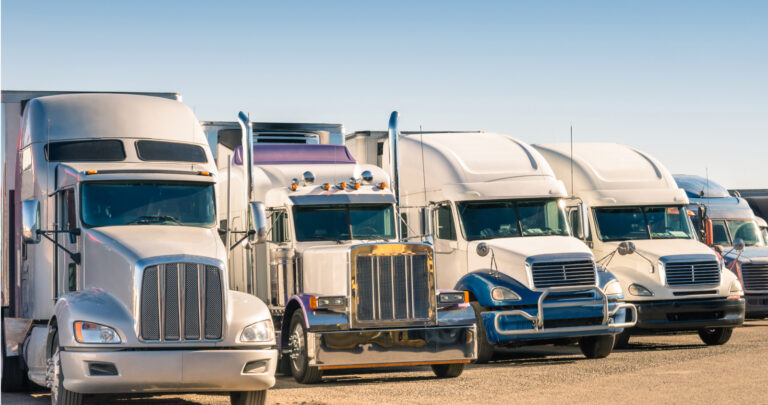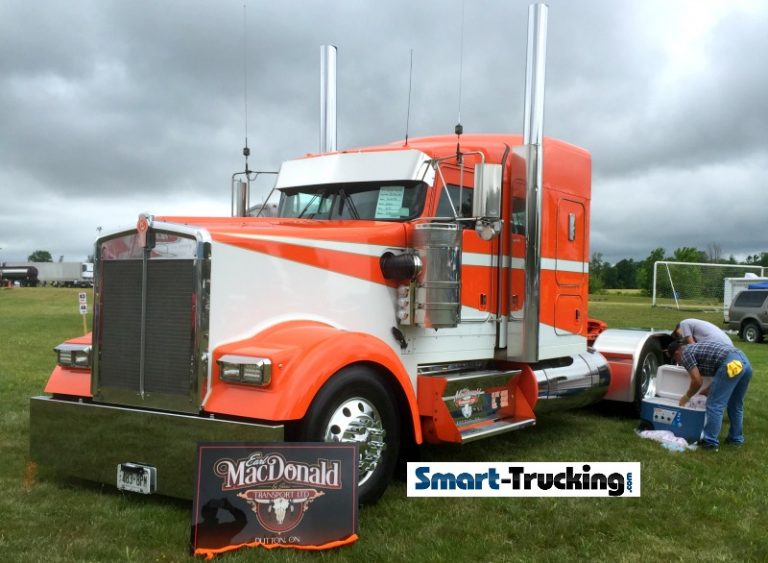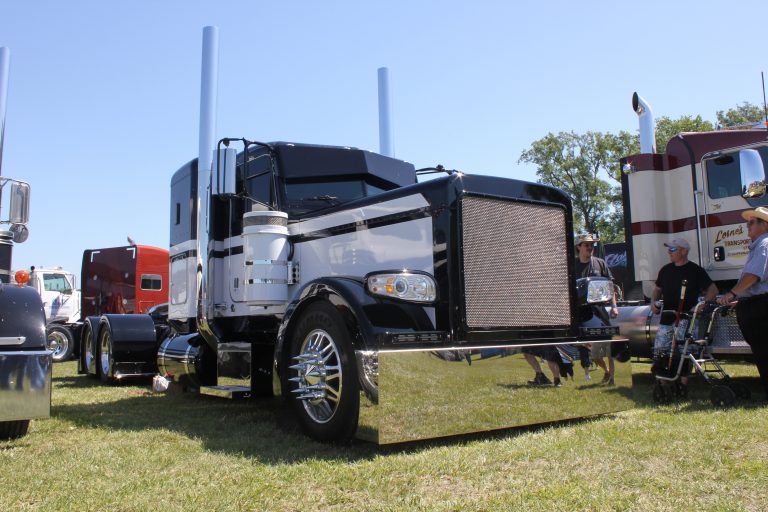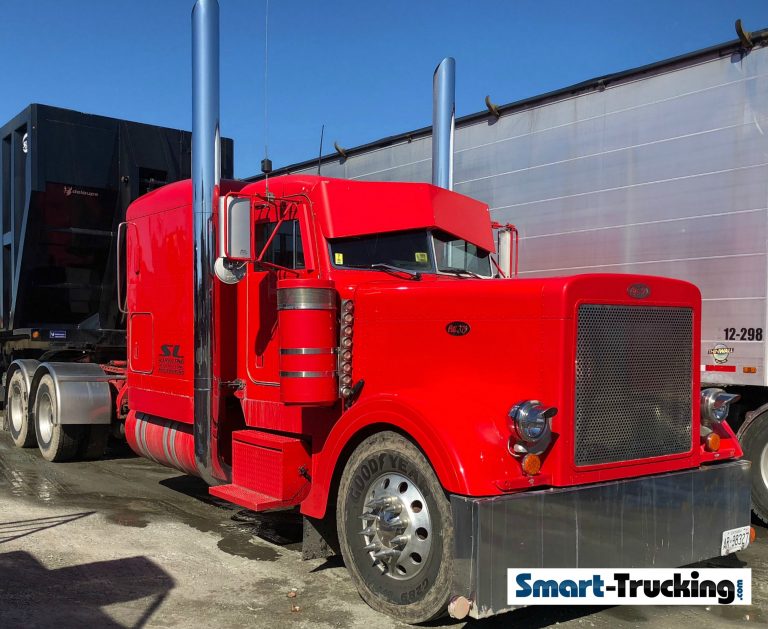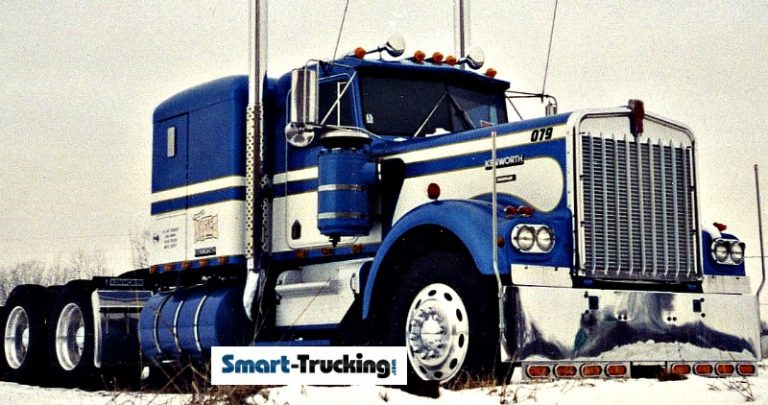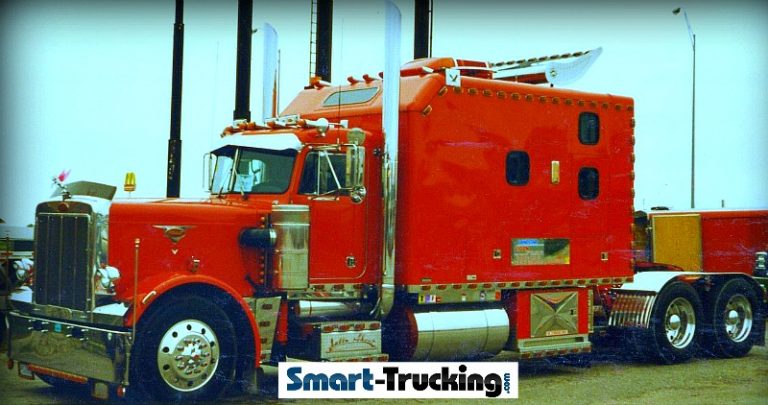Diesel Fuel Economy Money Saving Tips For Truckers
There’s not a truck driver out there who couldn’t benefit from some diesel fuel economy tips, since diesel fuel is one of a trucker’s highest direct expenses.
Since diesel prices are at an all-time record high, anything you can do to save, will help improve your profit margin.
Here’s a few little gems that’ll help save some bucks!
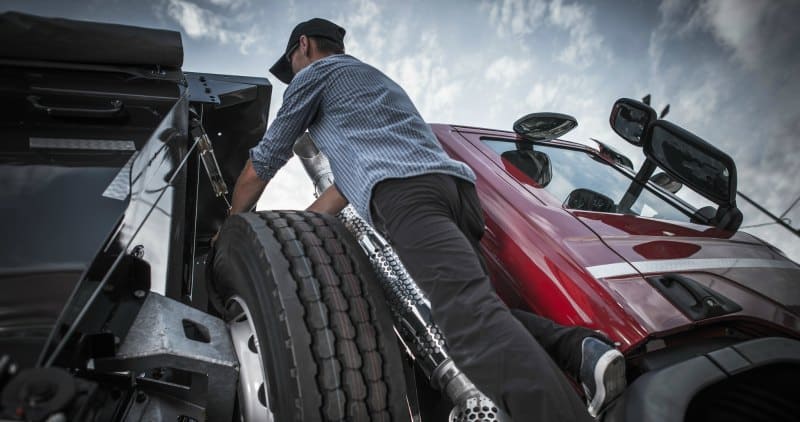
Our Best Diesel Fuel Saving Tips
By practicing good driving habits, you’ll be able to keep just a little more of that hard-earned cash in your pocket
If you cross the border, be sure to do the volume conversion from U.S. to Canadian or Canadian to U.S. gallons, when doing your calculations.
Speed. For the best fuel economy, drive 55-60 mph, when it’s practical to do so. In a head wind, 50-55 mph is an optimum speed, as head wind is very hard on engine efficiency.
Shifting. Use a progressive shifting technique and shift efficiently. Changing gears uses fuel. Use a combination of braking and shifting to slow down.
Aerodynamic Trucks. Aerodynamic packages on trucks and trailers help the air movement around the equipment efficiently which will add to diesel fuel savings.
Tire Inflation. Proper tire inflation will help save fuel.
Points Programs. Look for truck stops with a ‘point system’. Some offer discounts as well as discounts on retail items, free showers and free parking.
Seek Out Best Prices. Park the trailer and drive to a nearby mini mart selling diesel. I don’t recommend always buying from truck stops. They use a higher percentage of biodiesel which produces less HP than straight diesel. More Power=Better Fuel Mileage.
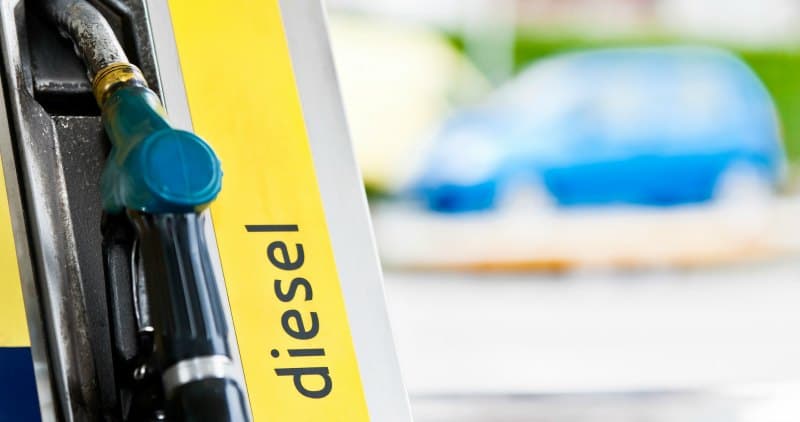
These points can certainly add up quickly and be a nice perk, especially if you’re an owner operator and the fuel cost eats into your bottom line.
Price Shop. Shop online for the best prices BEFORE departing on your trip. Price shopping online can save lots of money.
Just crossing the state line to fill up can often save a substantial amount of cash.
Know Where Your Truck Likes to Run.

Tire Inflation. All tires fully inflated to mfr specs
Thermostat. A cooler than stock thermostat for the engine. The injector atomizes the fuel going into the cylinder and a hot cylinder can vaporize a portion of the fuel spray before it gets ignited, resulting in a loss of potential power.
Change Fuel Filters. Be sure to change fuel filters regularly, at least once/month and more often in the winter months. Clogged filters can cut into your fuel economy.
Change Air Filters. Change the air filters on your truck annually or every 6 months, if you operate on gravel roads.
Anti-Friction Additives. Moly Anti-friction additives in the entire drivetrain, engine, transmission, and drives. Moly grease for the u-joints and wheel bearings. There’s also an additive for automatics for those that like those fuel guzzlers.
Trailer Shape Influences Diesel Fuel Economy. The trailer you pull can influence the fuel consumption. Eg. Tanker trucking companies usually get better fuel mileage for their fleet, as there is less ‘drag’, better air movement around the trailers.

Fuel Conditioner. Lucas or equivalent fuel conditioner when filling the tanks. Most are unaware that only 75% of the fuel in the tank can be burned and converted to power. The remaining 25% is mixed with carbon clusters and goes straight out the tailpipe. The conditioner helps to breakup those clusters for a more complete fuel burn, and better fuel mileage.
KN Easy Flow Air Filter. The engine is a glorified air compressor designed to produce a certain CFM per revolution. The incoming air is crucial to the power output. A standard replacement paper air filter restricts the incoming air flow, essentially de-tuning your engine. It has to work harder to produce power. Replace with KN or equivalent and notice an instant improvement.
Driving Style. One of the best pieces of advice for getting the best diesel fuel economy I ever heard, was from an old-timer and well-seasoned truck driver I knew.
To get the ‘best bang for the buck’, when it comes to diesel fuel economy, he said,
“Drive like there’s an egg under your fuel pedal and you don’t want to break it.”
Ease gently up and apply pedal pressure gently and conservatively.
Hard pressure and pumping the pedal will empty those tanks of fuel pretty quickly.

Be Mindful of Your Fuel Tax Rates. If you’re responsible for payment of your own fuel tax, be mindful of where and how much fuel you take on. There’s no point in loading up on cheap diesel if it doesn’t help your fuel tax position.
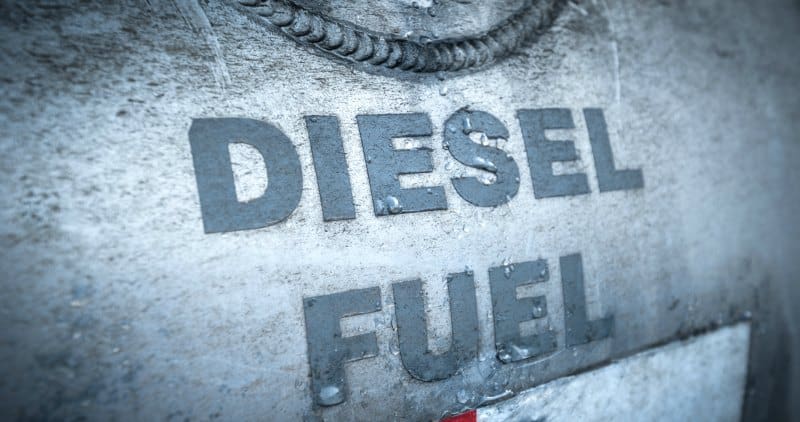
Fuelling Tips
Fuel Additive. In the more northern states and provinces in the cold weather, mix fuel additive with the fuel, to prevent gelling.
Injector Cleaner. Add a bottle of injector cleaner to the truck fuel tanks monthly. This can help to prolong engine life.
Trip Planning. Fill up the fuel tanks before heading into unknown areas or urban areas. Don’t run on low amounts of diesel. You could end up running out and sitting on the side of the road!
Keep Weights in Mind. Take on a partial tanks if you’re close to maxing out for weight.
Diesel weighs approximately 7.2 lb/gallon.
When the economy is so unstable and the profit margin in trucking is so tight, anything a driver can do to keep even a little bit of $$ helps.
Small savings can add up over the course of time, so it’s a good idea to pay attention to your diesel fuel economy.
F.A.Q.
Yes. Although often fuel economy isn’t the number one reason they are used, there is less drag usually and as a result better fuel mileage.
They are primarily to stop debris from flying out from under the trailer and hitting cars and stop any vehicle that hits the trailer from going under the trailer. 